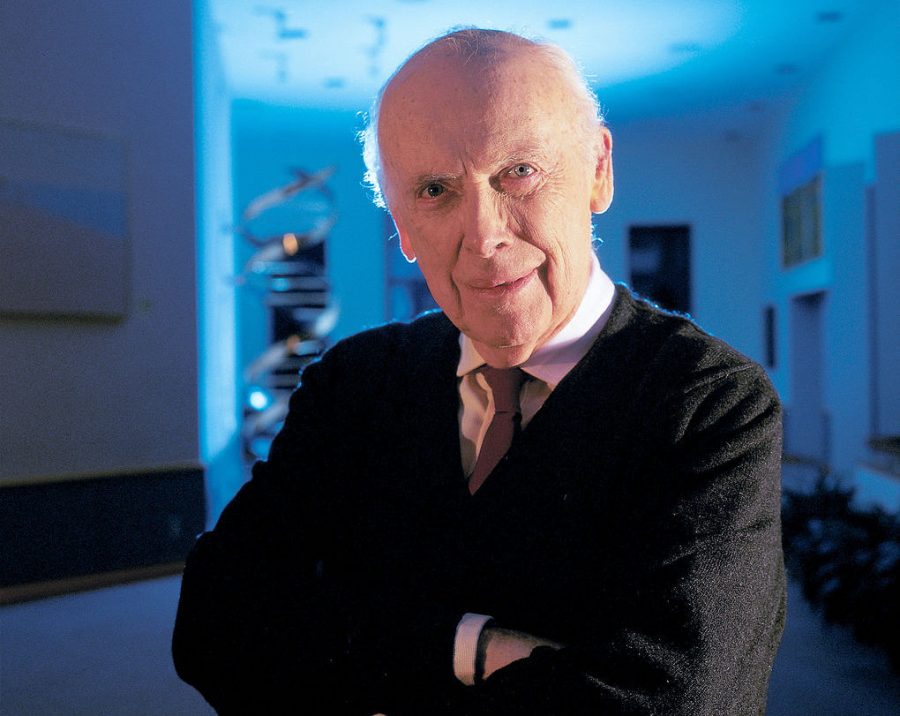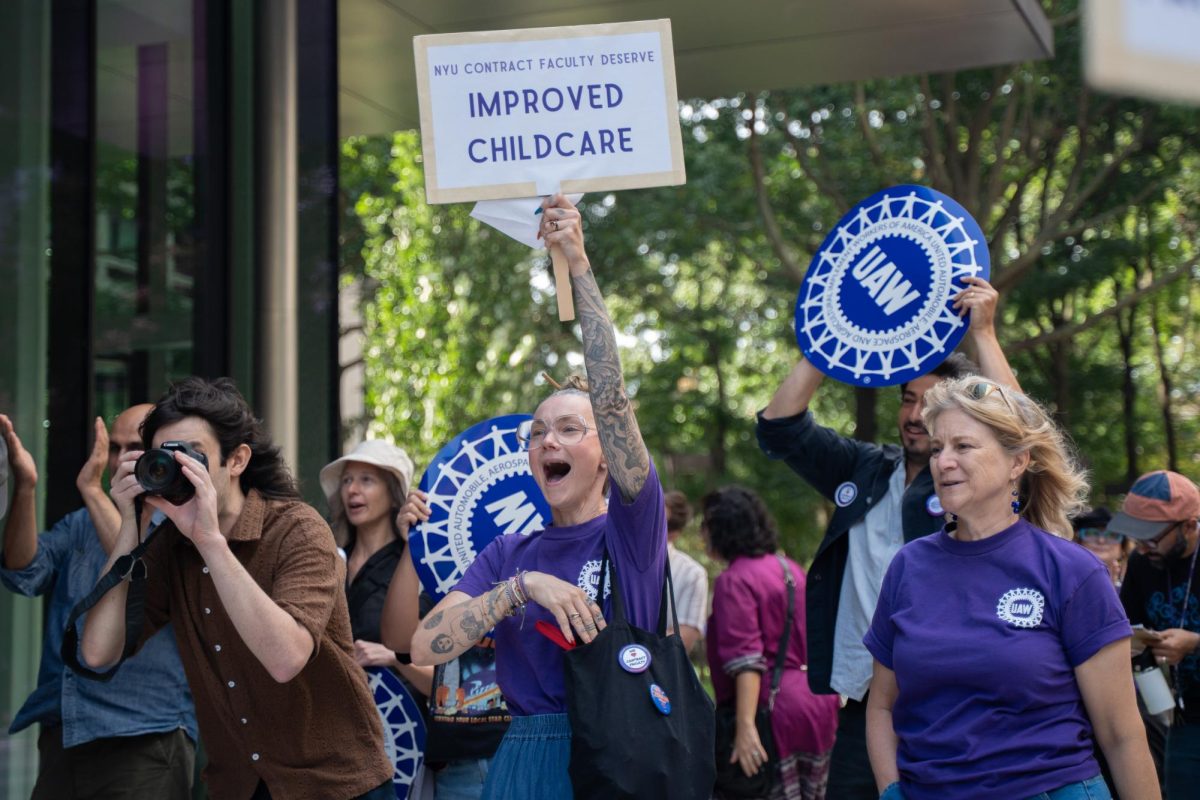DNA Discoverer’s Lecture Canceled Following Controversial Comments
James Watson is facing backlash from his derogatory comments about African-American people, women and obese people.
September 20, 2016
James Watson stirred up controversy in 1962 by taking credit for Rosalind Franklin’s DNA double helix discovery. In 2016, he has once again become a point of contention — but for different issues.
On Monday, Sept. 12, the Nobel Prize-winning scientist was scheduled to give a talk at NYU Langone’s Rodolfo Llinas Lecture Series about his recent cancer and antioxidant research. However, after medical students voiced their anger about controversial statements he made a few years ago, the talk was canceled.
In 2007, the scientist said that he is “inherently gloomy about the prospect of Africa,” which people construed as his belief that Africans are biologically incapable of equal intelligence to other racial groups. This remark forced him to resign from his position as Chancellor of the Cold Spring Harbor National Laboratory.
His controversial statements also included derogatory statements about obese people. “Whenever you interview fat people, you feel bad, because you know you’re not going to hire them,” Watson said.
In addition, Watson has said controversial remarks regarding Rosalind Franklin, who created Photo 51 — the basis of Watson’s acclaim.
“Clearly, Rosy had to go or be put in her place,” Watson said. “It would be very difficult for Maurice [Wilkins] to maintain a dominant position that would allow him to think unhindered about DNA.” He has made other remarks that have implied that women are not serious scientists.
Though Watson apologized for the racial remarks he made nine years ago, medical students wrote a letter to the Llinas Lecture Organization expressing concerns. They felt the talk would be an endorsement of Watson — intolerant remarks included — and would go against the university’s mission statement in appreciating diversity. The students also argued that his speaking would be disrespectful towards students of color, women and obese students.
The organization agreed and rescinded the invitation.
“We agree with the students that this runs counter to our mission of diversity and inclusion at NYU Langone Medical Center,” the organization said in response to the complaints. The organization replaced Watson’s speech with an open forum on inclusion and diversity hosted by the Neuroscience Center.
The Rodolfo Llinas Lecture Series honors scientists who have made significant discoveries and contributions to science.
Ph.D. candidate Marcus Hines serves as the Student Diversity Initiative president, and he believes that the committee went above and beyond to rectify the situation and that no more attention needed to be given to the subject.
“We are proud of the NYU School of Medicine Deans and Faculty for partnering with the students on this issue and look forward to future collaborations,” Hines said.
However, the rescinding of Watson’s invitation sparked controversy in the NYU community and has received criticism. LS sophomore Daniel Cueto said he could see both sides of it.
“This was a great opportunity for students to see a man of great standing in the scientific community, so the cancellation must have been a loss for some students,” Cueto said. “They have done a disservice to those who can appreciate Watson’s achievements and discoveries.”
He acknowledged that this is a positive move for a university that believes in inclusion and that touts its diverse reputation.
Tisch sophomore Ana Barros said that this decision truly depends on the values as well as image of the audience and organizers.
“He shouldn’t be able to speak. He’s racist,” Barros said. “But I don’t know. At the same time, which part is more important?”
Email Veronika Jelenik at [email protected].





























































































































































